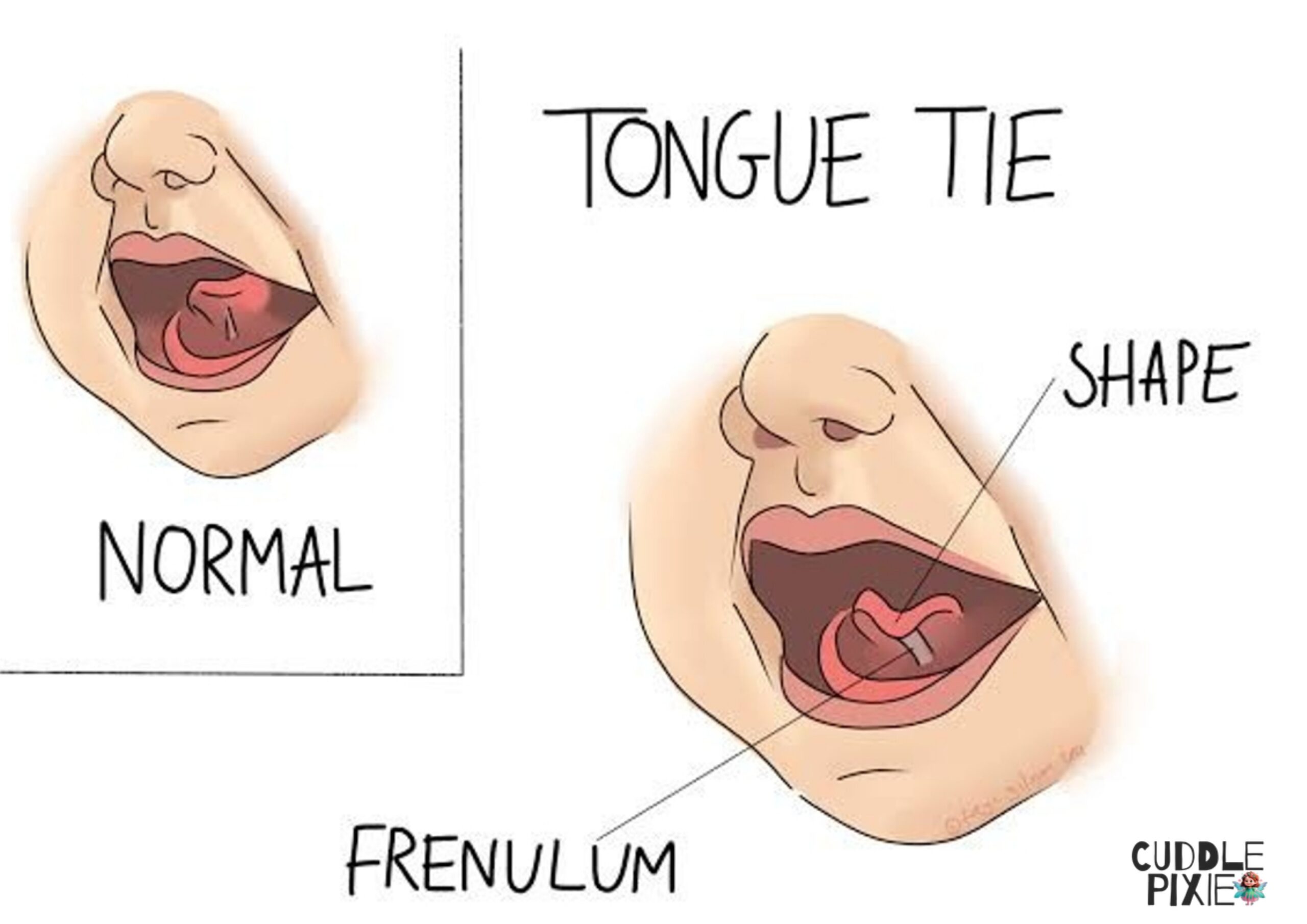When it comes to breastfeeding, the bond between a mother and child is profound and essential for both physical and emotional development. However, challenges such as tongue-tie can significantly impact this crucial aspect of early childhood. In this article, we will delve into the latest research and solutions surrounding the impact of tongue-tie on breastfeeding, offering insights and strategies for parents navigating this common yet often misunderstood issue.
Table of Contents
Understanding Tongue-Tie and Its Effects on Breastfeeding
Tongue-tie, or ankyloglossia, is a condition where the thin membrane under the baby’s tongue (the lingual frenulum) is shorter than normal, restricting the movement of the tongue. This can lead to difficulties in latching onto the breast, sucking effectively, and transferring milk during breastfeeding.
Dr. Maria Lopez, a lactation consultant, highlights the significance of addressing tongue-tie early on. “Tongue-tie can result in challenges such as poor weight gain, maternal nipple pain, and low milk supply,” she explains. “It’s crucial for parents to be aware of the signs and symptoms so they can seek timely intervention.”
Latest Research and Solutions for Tongue-Tie and Breastfeeding Challenges
- Early Detection: Recognizing the signs of tongue-tie, such as a heart-shaped tongue when crying, difficulty latching onto the breast, and poor weight gain, can help parents seek support from healthcare providers.
- Consultation with a Specialist: If tongue-tie is suspected, consulting with a pediatric dentist, otolaryngologist, or lactation consultant can provide a comprehensive assessment and treatment options tailored to the child’s needs.
- Frenotomy: One common treatment for tongue-tie is frenotomy, a simple procedure where the frenulum is clipped or lasered, allowing for improved tongue movement and breastfeeding success.
- Posterior Tongue-Tie: Recent research has shed light on posterior tongue-tie, a less visible but equally impactful form of the condition. Expert evaluation is crucial for diagnosing and addressing this variant.
- Rehabilitation and Support: After treatment for tongue-tie, parents can benefit from working with a lactation consultant to support breastfeeding goals and ensure optimal feeding techniques.
Case Study: Ava’s Journey with Tongue-Tie
Ava, a first-time mother, noticed her newborn daughter struggling to latch and feed effectively. After consulting with a lactation consultant, Ava learned that her daughter had tongue-tie. Following a frenotomy procedure and dedicated support from healthcare professionals, Ava and her daughter successfully established breastfeeding, strengthening their bond and promoting optimal growth and development.
Medical Insights and Recommendations
Dr. Lopez emphasizes the importance of raising awareness about tongue-tie and its impact on breastfeeding. “With early detection and appropriate interventions, parents can address breastfeeding challenges related to tongue-tie and enhance their child’s feeding experience,” she states.
Medical research supports the benefits of addressing tongue-tie early on to promote successful breastfeeding and prevent potential complications. By staying informed, seeking professional guidance, and advocating for support, parents can navigate the complexities of tongue-tie with confidence and empower their children to thrive in their breastfeeding journey.
In conclusion, the impact of tongue-tie on breastfeeding underscores the importance of early detection, intervention, and ongoing support for parents and infants. By leveraging the latest research and solutions available, parents can overcome breastfeeding challenges associated with tongue-tie and nurture a positive breastfeeding experience for both themselves and their children.
As you embark on your journey of breastfeeding and parenthood, remember that each step you take towards understanding and addressing tongue-tie is a vital investment in your child’s health and well-being. Together, let’s explore the latest research and solutions surrounding tongue-tie and breastfeeding, empowering parents to make informed decisions and support their children’s feeding needs with confidence and compassion.
